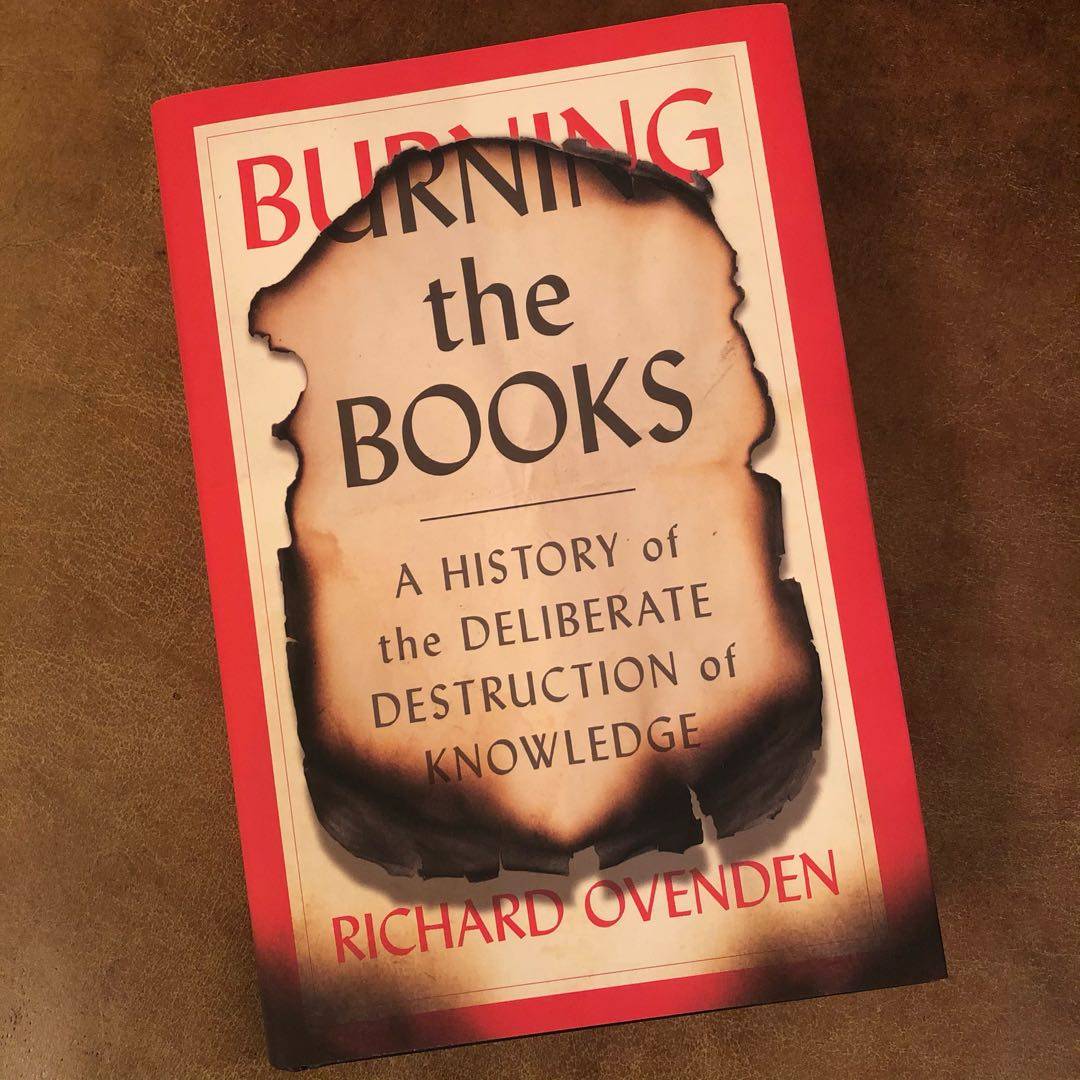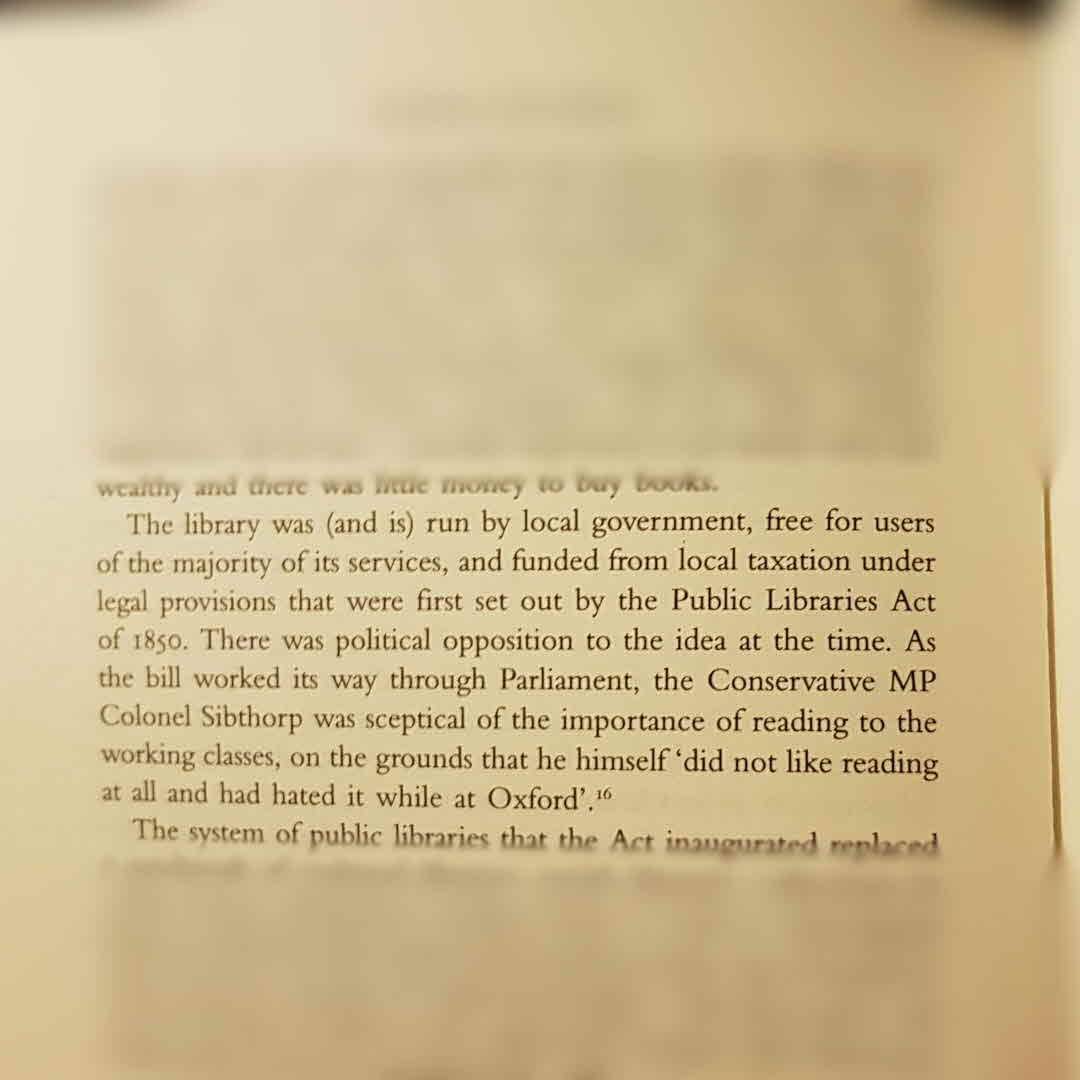There turned out to be quite a few things I hadn't read about yet, even though I read a similar book recently, so this was interesting and also new to me in the end.
There turned out to be quite a few things I hadn't read about yet, even though I read a similar book recently, so this was interesting and also new to me in the end.
Swore to myself I would not start another book before I've finished one or two more that I have on the go, 'accidentally' picked up this one. Oops?
Great, and sad history, not only about when books and library burning have happened, but more important: Why.
I especially found enlightening the story about the burning of the library of Sarajevo, which I had not heard of. My criticism, the author spends a lot of time in talking about authors destroying their private letters/journals before dying. I believe authors don't owe us their private thoughts, and that is not burning books.

I am posting one book per day from my extensive to-be-read collection. No description and providing no reason for wanting to read it, I just do. Some will be old, some will be new. Don‘t judge me - I have a lot of books. Join the fun if you want.
This is day 250 #bookstoread #tbrpile #bookstagram

How public libraries came to be in the UK.